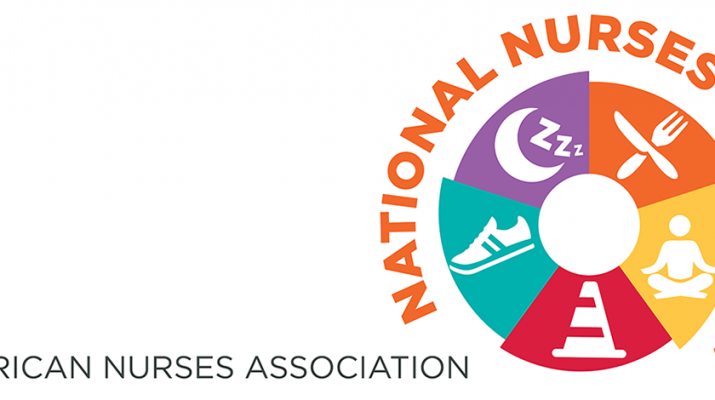By Deborah Jeanne Sergeant
Some registered nurses view furthering their education as a means of opening doors of opportunity, such as working in an area of particular interest, commanding a higher salary and increasing their skill set.
For Jennifer Voorhees, a registered nurse at UR Medicine Home Care, completing her bachelor’s degree was only the beginning. She went on to become board-certified in wound ostomy and continence. She’s also trained as a critical care nurse.
After obtaining some hands-on experience as a new nurse, she realized that she enjoyed the one-on-one time with patients in the burn intensive care unit.
“That was the worst moment of someone’s life and you’re sharing a very intimate time where they’re vulnerable and trusting you,” Voorhees said. “It’s special.”
It wasn’t hard for her to continue expanding her education.
“University of Rochester promotes a culture of education and growth,” Voorhees said. “It was never something I had to aggressively pursue to obtain. It just kept unfolding.”
She said that she felt surprised at how much experience she had gained and also at how much she had learned being in graduate school.
It can take some time to discover what nursing specialty fits.
Voorhees earned 18 credits toward a nurse practitioner degree, but realized that wasn’t for her. She tells others who aren’t sure how to build on their RN education to think about the best patient situations they’ve experienced and what piques their interest and passion.
“Experience with families and different cultures and demographics can help you decide,” Voorhees said. “All those components helped me know how much I knew and how much I didn’t know. That’s a great thing about further education. It’s about learning from one another.”
She’s not stopping, either. Voorhees is currently enrolled online to earn a master’s in public health.
For Elizabeth Sheen, also a registered nurse with University Rochester Medicine Home Care, obtaining board certification in holistic nursing and wellness coaching has given her additional tools to help patients.
“I can offer complementary tools that I’m trained in, whether breathing exercises, aromatherapy or meditation that can help them,” she said.
She has enjoyed learning about holistic nursing, which she said looks at the whole patient — body, mind, spirit and emotions — instead of tending to look only at treating disease processes. She feels confident that she could take these skills to any nursing setting, and provide any employer with more reason to hire her.
“Education can open doors in nursing,” said Mary Mahler, bachelor-trained nurse and emergency services quality coordinator for Rochester General Emergency Department. “Our current hospital president was an ED trauma nurse.”
She added that other nurses she has known have pursued careers in education, quality, leadership, research, data analysis and finance, “both internally and corporately throughout the health system,” Mahler said.
She believes that every nursing position offers advancement opportunities with the right education.
“Education is the fuel that feeds the fire to follow our dreams and get us to the place we want to be,” Mahler said.

